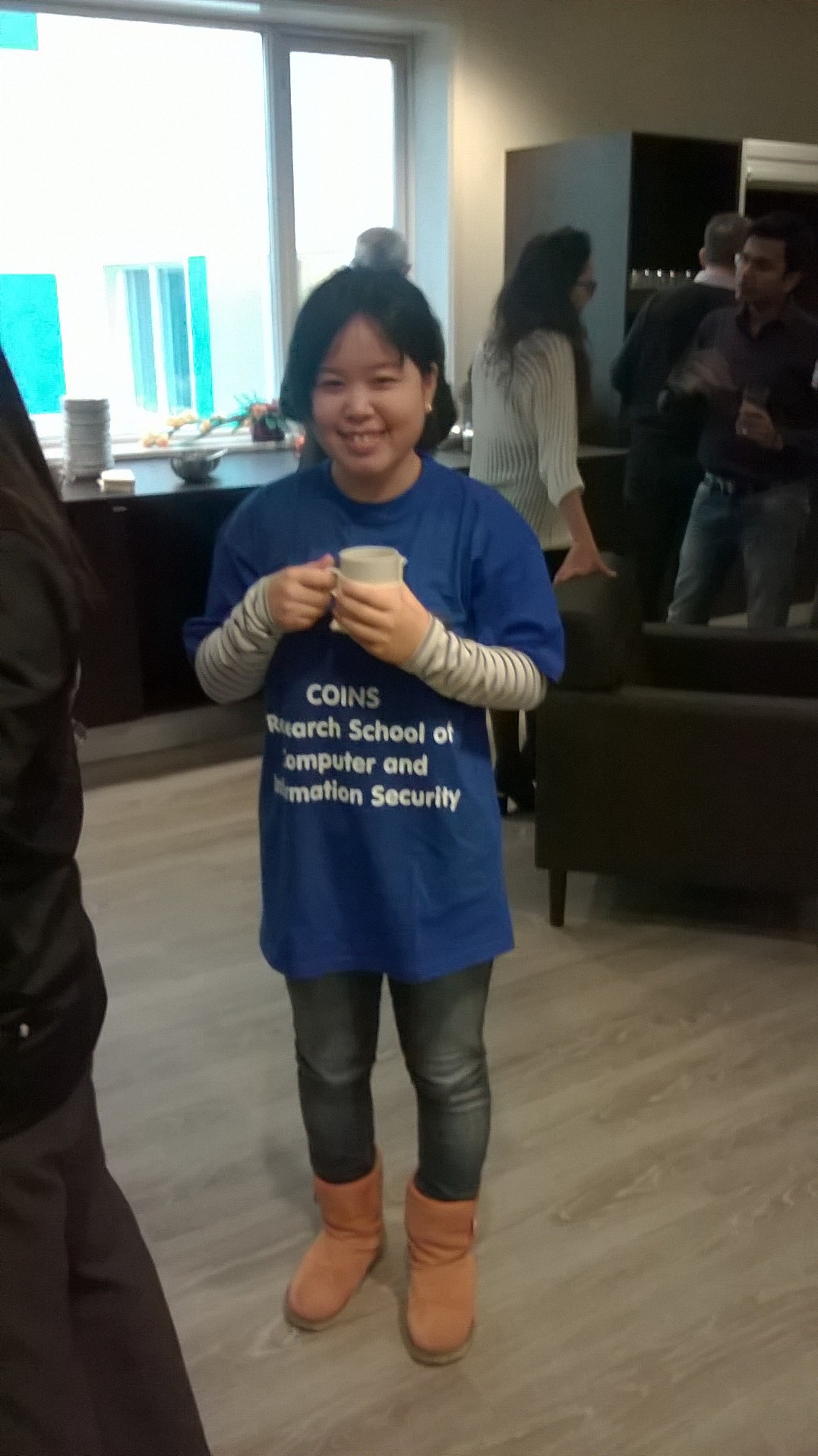CASED  (Center for Advanced Security Research Darmstadt) was established in 2008, bundling the competencies of Technische Universität Darmstadt (TU Darmstadt), the Fraunhofer Institute for Secure Information Technology (Fraunhofer SIT) and the Darmstadt University of Applied Sciences. At this alliance in Darmstadt, more than 200 scientists are doing research on current and future IT security topics. Sixteen professorships are specializing in different IT security subject areas. A total of 33 professorships from natural science, engineering, economic science and human disciplines are involved in CASED projects. This thematic diversity is unique within Europe and makes Darmstadt a popular choice among students.
(Center for Advanced Security Research Darmstadt) was established in 2008, bundling the competencies of Technische Universität Darmstadt (TU Darmstadt), the Fraunhofer Institute for Secure Information Technology (Fraunhofer SIT) and the Darmstadt University of Applied Sciences. At this alliance in Darmstadt, more than 200 scientists are doing research on current and future IT security topics. Sixteen professorships are specializing in different IT security subject areas. A total of 33 professorships from natural science, engineering, economic science and human disciplines are involved in CASED projects. This thematic diversity is unique within Europe and makes Darmstadt a popular choice among students.
CASED offers to host a COINS student for up to two weeks per year. For details, get in touch with the activity management office and apply for COINS funding to get you there.
Chalmers 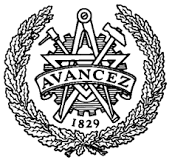 (Chalmers University of Technology) has a research group in computer security in the Department of Computer Science and Engineering. The computer security research is founded on a firm conviction that security must be applied to all parts and at all levels of the system, as opposed to traditional security methodologies focusing on boundary protection. Security considerations should also follow the system throughout its lifetime, starting from the specification phase, throughout construction, operation and maintenance. This approach is called in-depth security and their research spans all those phases.
(Chalmers University of Technology) has a research group in computer security in the Department of Computer Science and Engineering. The computer security research is founded on a firm conviction that security must be applied to all parts and at all levels of the system, as opposed to traditional security methodologies focusing on boundary protection. Security considerations should also follow the system throughout its lifetime, starting from the specification phase, throughout construction, operation and maintenance. This approach is called in-depth security and their research spans all those phases.
Chalmers offers to host a COINS student for up to two weeks per year. For details, get in touch with the activity management office and apply for COINS funding to get you there.
ENSICAEN 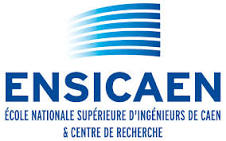 (National Graduate School of Engineering & Research Center) operates the laboratory GREYC is a research unit placed under the joint responsibility of CNRS/University of Caen Basse-Normandie and ENSICAEN. The research themes developed in the laboratory focus on both fundamental and methodological aspects – models, new concepts – as well as practical achievements: application development and software platforms, design and production of electronic devices, etc. The areas of expertise the GREYC are: modeling and analysis of algorithms, information security, decision support and data mining, image and signal processing and analysis, human language and document technologies, identification and control, microelectronics, instrumentation and sensors.
(National Graduate School of Engineering & Research Center) operates the laboratory GREYC is a research unit placed under the joint responsibility of CNRS/University of Caen Basse-Normandie and ENSICAEN. The research themes developed in the laboratory focus on both fundamental and methodological aspects – models, new concepts – as well as practical achievements: application development and software platforms, design and production of electronic devices, etc. The areas of expertise the GREYC are: modeling and analysis of algorithms, information security, decision support and data mining, image and signal processing and analysis, human language and document technologies, identification and control, microelectronics, instrumentation and sensors.
ENSICAEN offers to host a COINS student for up to two weeks per year. For details, get in touch with the activity management office and apply for COINS funding to get you there.
Karlstads universitet 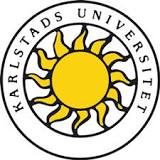 has a research group on privacy and security. Research in the PriSec group focuses on privacy-enhancing technologies (PET) and network security, whereas network security research is conducted in close cooperation with the DISCO research group. PriSec is involved in EU research projects and coordinates the SWITS (Swedish IT Security Network for PhD students) which was funded by KBM, and collaborates closely with other Swedish universities in this context. PriSec members are also specialised on IT-security testing and are regularly holding vulnerability analysis courses for the industry. Furthermore, PriSec offers courses for Ph.D. students.
has a research group on privacy and security. Research in the PriSec group focuses on privacy-enhancing technologies (PET) and network security, whereas network security research is conducted in close cooperation with the DISCO research group. PriSec is involved in EU research projects and coordinates the SWITS (Swedish IT Security Network for PhD students) which was funded by KBM, and collaborates closely with other Swedish universities in this context. PriSec members are also specialised on IT-security testing and are regularly holding vulnerability analysis courses for the industry. Furthermore, PriSec offers courses for Ph.D. students.
Karlstads universitet offers to host a COINS student for up to two weeks per year. For details, get in touch with the activity management office and apply for COINS funding to get you there.
KTH 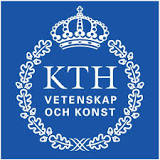 (Royal Institute of Technology) has a department of Industrial Information and Control Systems as part of the School of Electrical Engineering. Their research is devoted to estimate and analyse cyber security on a system-of-systems level. A key challenge in most domains today is that information systems are increasingly interconnected to a company- and even society-wide system-of-systems. The department of industrial and control systems is working with software, systems, and enterprise architecture modeling and analysis as a means to capture this system-of-systems-level of challenges. In the context of cyber security the system-level challenge is obvious. With a highly interconnected and complex system architecture there will be a large attack surface. It will be practically impossible to keep this environment free of all kinds of vulnerabilities, from software flaws to misconfigured components or lack of appropriate countermeasures. This means that there will exist many potential attack processes into various parts of the infrastructure. However, not all will be equally severe. The department is working with models and methods to understand the cyber security and remedy vulnerabilities at system-level, to help preventing sub-optimize security in ICT solutions. In particular the department is working in close cooperation with the electric power industry. Thus the cyber security of the future smart grid is our particular area of expertise.
(Royal Institute of Technology) has a department of Industrial Information and Control Systems as part of the School of Electrical Engineering. Their research is devoted to estimate and analyse cyber security on a system-of-systems level. A key challenge in most domains today is that information systems are increasingly interconnected to a company- and even society-wide system-of-systems. The department of industrial and control systems is working with software, systems, and enterprise architecture modeling and analysis as a means to capture this system-of-systems-level of challenges. In the context of cyber security the system-level challenge is obvious. With a highly interconnected and complex system architecture there will be a large attack surface. It will be practically impossible to keep this environment free of all kinds of vulnerabilities, from software flaws to misconfigured components or lack of appropriate countermeasures. This means that there will exist many potential attack processes into various parts of the infrastructure. However, not all will be equally severe. The department is working with models and methods to understand the cyber security and remedy vulnerabilities at system-level, to help preventing sub-optimize security in ICT solutions. In particular the department is working in close cooperation with the electric power industry. Thus the cyber security of the future smart grid is our particular area of expertise.
KTH offers to host a COINS student for up to two weeks per year. For details, get in touch with the activity management office and apply for COINS funding to get you there.
Plymouth University 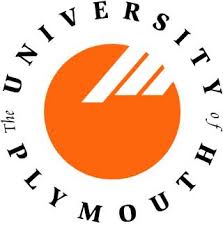 with its Centre for Security, Communications and Network Research (CSCAN) is an established research group, comprising staff from the School of Computing and Mathematics. CSCAN has a proven research pedigree, including both collaborative work with industry and participation in European research initiatives. The work has led to many successful postgraduate projects, as well as numerous publications. CSCAN is an active base of postgraduate and postdoctoral research.
with its Centre for Security, Communications and Network Research (CSCAN) is an established research group, comprising staff from the School of Computing and Mathematics. CSCAN has a proven research pedigree, including both collaborative work with industry and participation in European research initiatives. The work has led to many successful postgraduate projects, as well as numerous publications. CSCAN is an active base of postgraduate and postdoctoral research.
Plymouth University/CSCAN offers to host a COINS student for up to two weeks per year. For details, get in touch with the activity management office and apply for COINS funding to get you there.
SWITS (Swedish IT Security Network for Ph.D. Students) was established in 2001 with the aim to strengthen cooperation between Ph.D. students and research labs in Sweden. Activities include an annual two-day seminar with inspiration and presentations given by thesis advisors and Ph.D. students. COINS cooperates with SWITS and encourages students from both networks to communicate and attend each other’s events. If you are interested in joining an event, you can apply for COINS funding to get you there.
We will continuously announce more opportunities as they arise.

